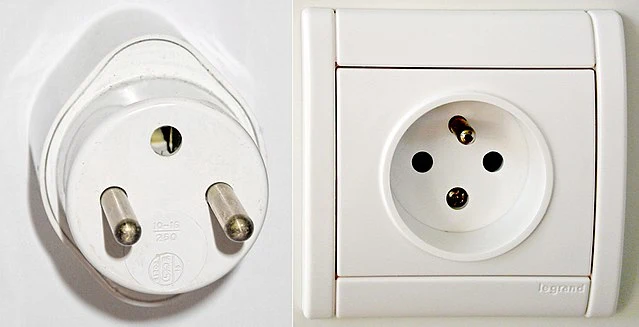Eco-friendly trekking and hiking in Morocco
Morocco's High Atlas Mountains were formerly considered the best in Africa by early explorers. nowadays tourist numbers are on the rise (pun intended). We must all be environmentally conscious as trekkers and hikers in this one-of-a-kind location. As more people travel to Morocco to trek and hike in the High Atlas Mountains, there must be widespread awareness among visitors to reduce environmental, economic, and cultural repercussions.
Unfortunately, hikers and trekkers visiting Morocco must take the first step in preserving the country's best hiking and trekking destinations, which include the High Atlas Mountains surrounding Jbel Toubkal, the Ait Bougmez Valley, and M'Goun National Park, as well as the Sirwa and Jbel Sahro regions.
Morocco travel businesses are also responsible for disseminating the information in order to reduce the detrimental impact of inadvertent or belligerent defacing of Morocco's natural beauty.
Morocco's Environmental Efforts to Reduce Impact
1. Keep group sizes small: The smaller the group, the less impact it will have. It's not a good idea to hike alone, especially if you're a lone lady (sorry).
2. Bring only what you need: Don't bring more than you need. There is so much to see and do along the road, especially if you go up Mt. Toubkal in the High Atlas Mountains.
3. Bring water filtration devices with you: Bring filtration gear to reduce bottled water waste by carrying pumps, filters, chemicals, and UV rays.
4. Before hitting the trails, remove any product packing.
5. Walk at least 70 feet (20 meters) downhill from campsites and water sources to relieve those overworked bowels and bladders. Dig a hole as deep as you can. Cover the waste with leaves, dirt, and sticks if necessary.
6. Pick up trash along the way: Pick up any packaging or plastics you encounter and transfer them out of the park. Someone may have dropped it accidentally.
7. Wash with biodegradable soaps and shampoos.
8. Stay on the trail to avoid damaging branches or smashing plants.
Morocco's Economic Efforts to Reduce Impact:
1. Hire muleteers and guides from the region. If you select a Moroccan tour operator who is headquartered locally, they will know how to effectively utilize the area's resources.
2. It's fun to camp every now and again. Staying at local gites, houses, or hotels, on the other hand, is a terrific way to give back to the community you're passing through.
3. Buy from a nearby store. You may prepare some tasty Marrakech Trail Mix. You can get natural, local energy for days if you buy dried fruits from the medina and blend them with various nuts.
4. Avoid paying too little or too much. This results in a cycle of inflation and reliance. A public display of over-giving could make others in society envy.
5. Maintain positive relationships. In Morocco, bargaining is ingrained in the culture. It is customary to give and receive tips. Nowadays, ten percent politeness is the norm. A little extra isn't excessive, especially if you've been using guides for days.
Moroccan Cultural Efforts to Reduce Impact:
1. Always ask permission before taking photographs.
2. When you get home, send them the snapshot. Morocco's mail delivery system is efficient (mostly).
3. Be respectful of sacred sites. Locals visiting sacred sites will frequently cross your path. In the way, you know how to be attentive and respectful.
4. Never give money or presents to youngsters.
5. Don't pretend to be a doctor. If someone needs to be helped, do your best, but be cautious. You'll be the one to blame if you make things worse.
6. Give any extra medical supplies to a local in a higher position who may distribute them as needed.
7. If they inquire about the west, don't portray it as the utopia it isn't. Make sure to portray a genuine, cross-cultural image of their and your home's advantages and disadvantages.
Your Morocco trekking or hiking excursion will be one of the best adventures of your life if you follow these three sets of well-rounded travel tips. Traveling in this section of North Africa is as unique as it gets, thanks to the kind people, fascinating customs, and attractive landscape - so take advantage!
Don’t forget to check my article: Toubkal ascent: the complete guide

%20(75).jpg)


